Across the US, researchers are studying the possibilities of multiple land use underneath solar panels, including testing the sites for grazing sheep, for growing native prairie plants and shade-tolerant vegetables, and for attracting pollinators. The US Department of Energy is also funding research to study multiple land use around the solar farms.
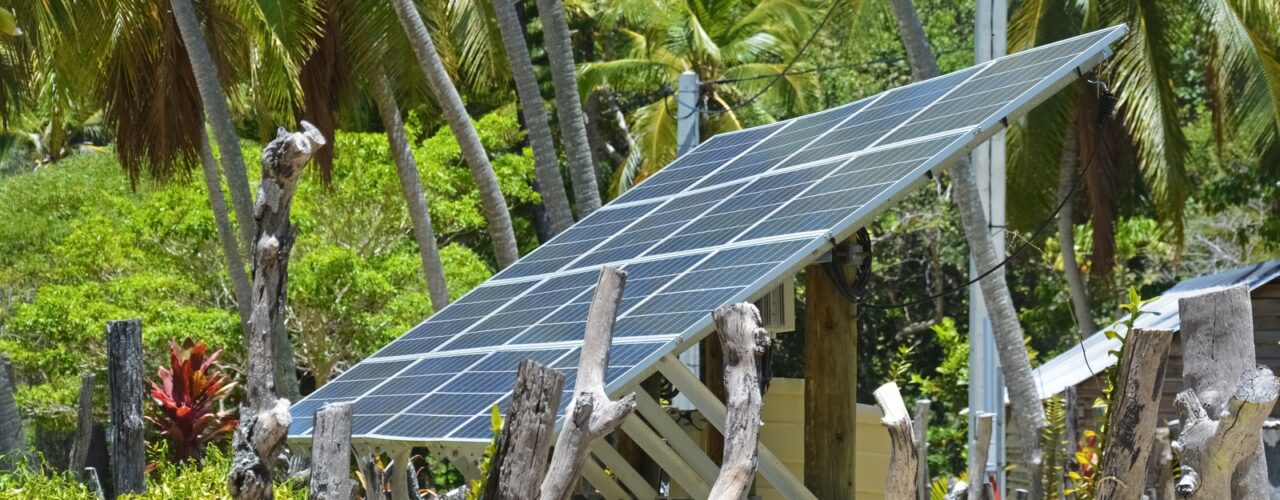
So what?
As the solar energy sector grows, it is likely to come into conflict with other land uses such as agriculture and biodiversity conservation. Exploring the possibilities of varied land uses underneath the acres of solar panels might lessen the pushback that solar energy projects face from local residents. Multiple land use could also provide an additional source of income for farmers, thus incentivizing them to install solar panels and join the renewable transition.
The more shade-tolerant plants are likely to benefit the most from such agrivoltaic systems since they would perform better in reduced light under solar panels. The reduction of heat on the land may even reduce water loss from the area, thus reducing the amount of water needed for irrigation. This might make agrivoltaic systems especially beneficial in drier areas.
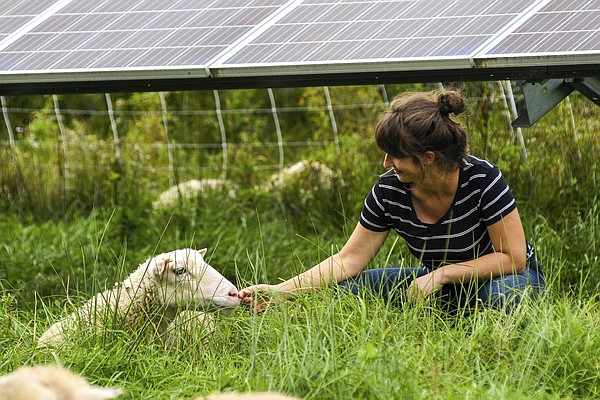
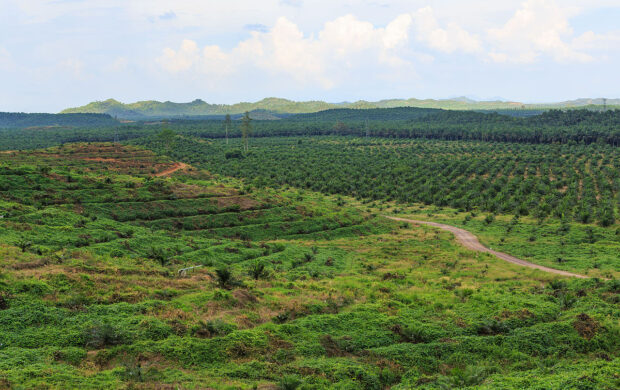





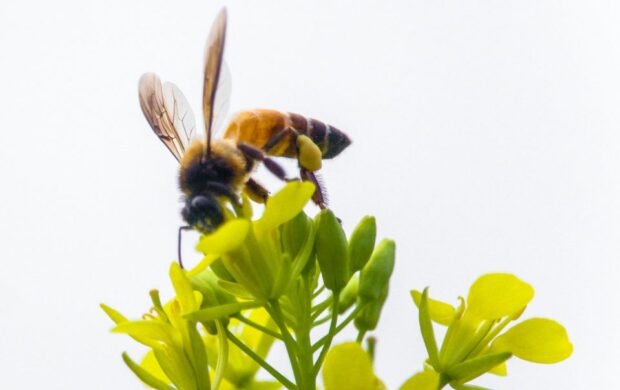
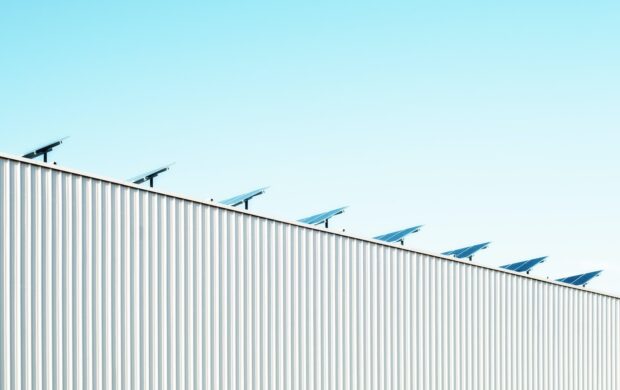
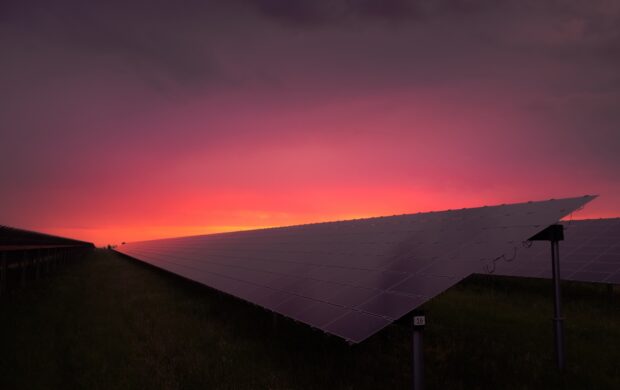


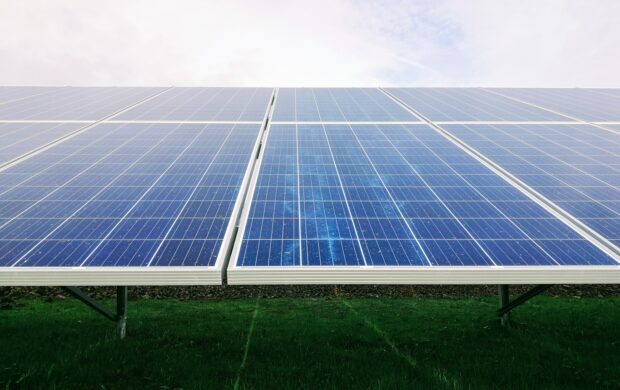

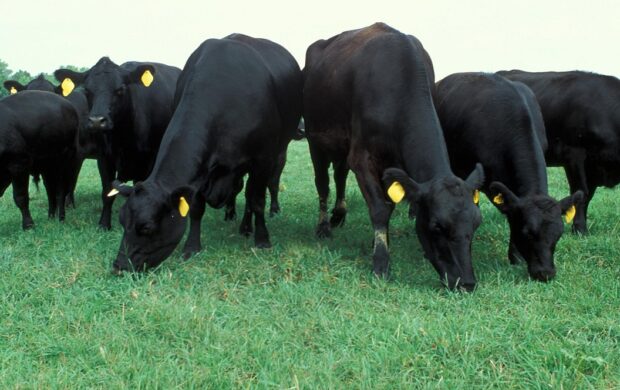
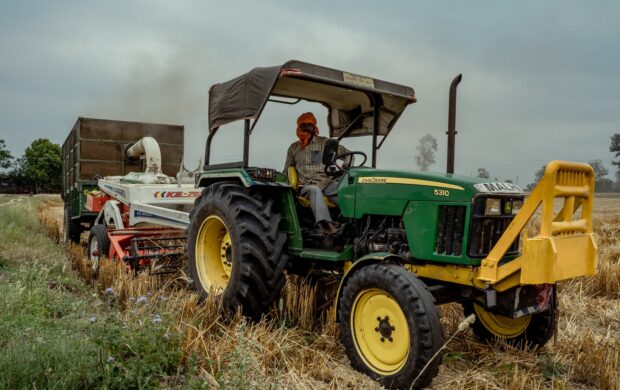
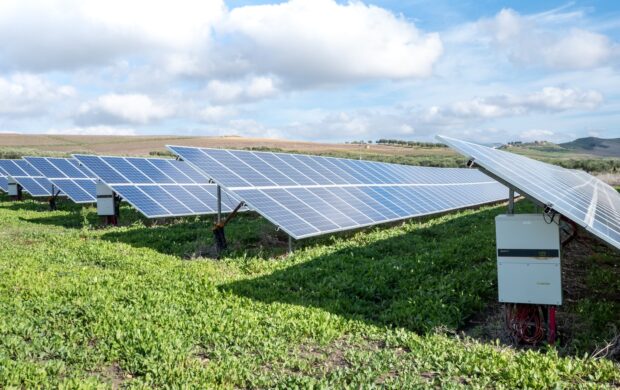

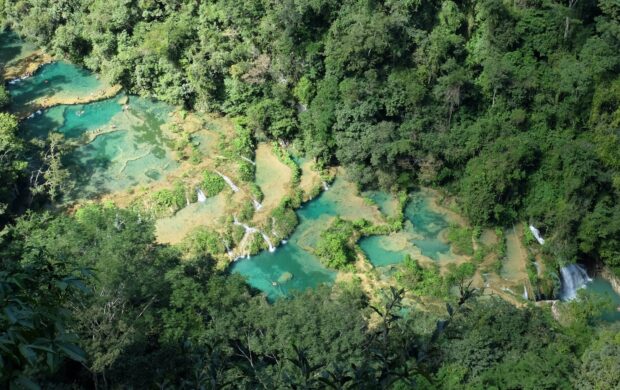
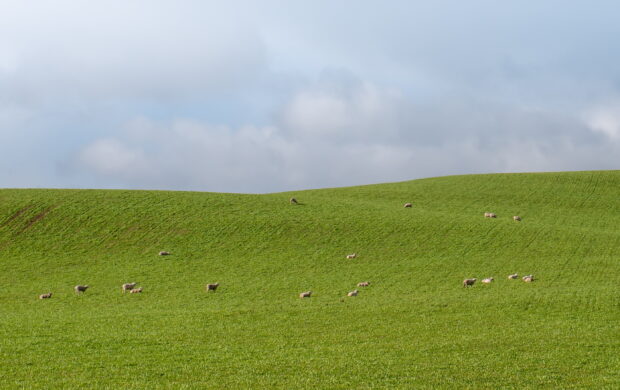

Join discussion